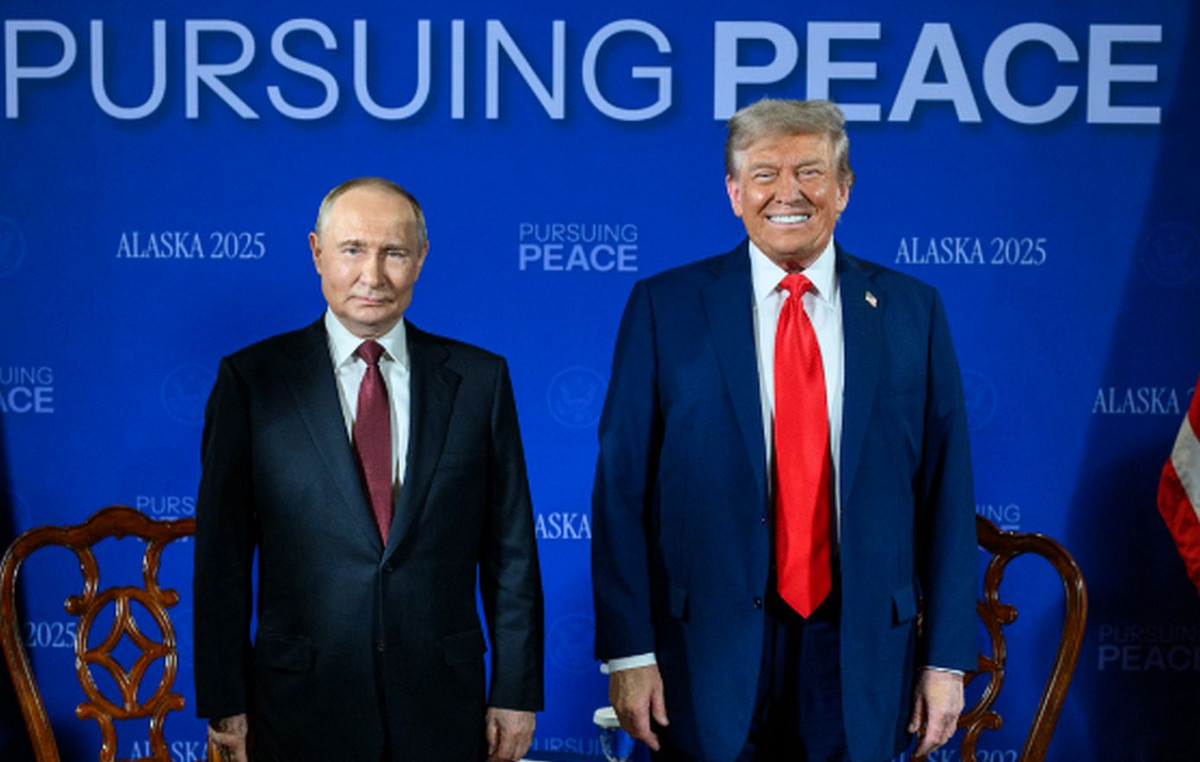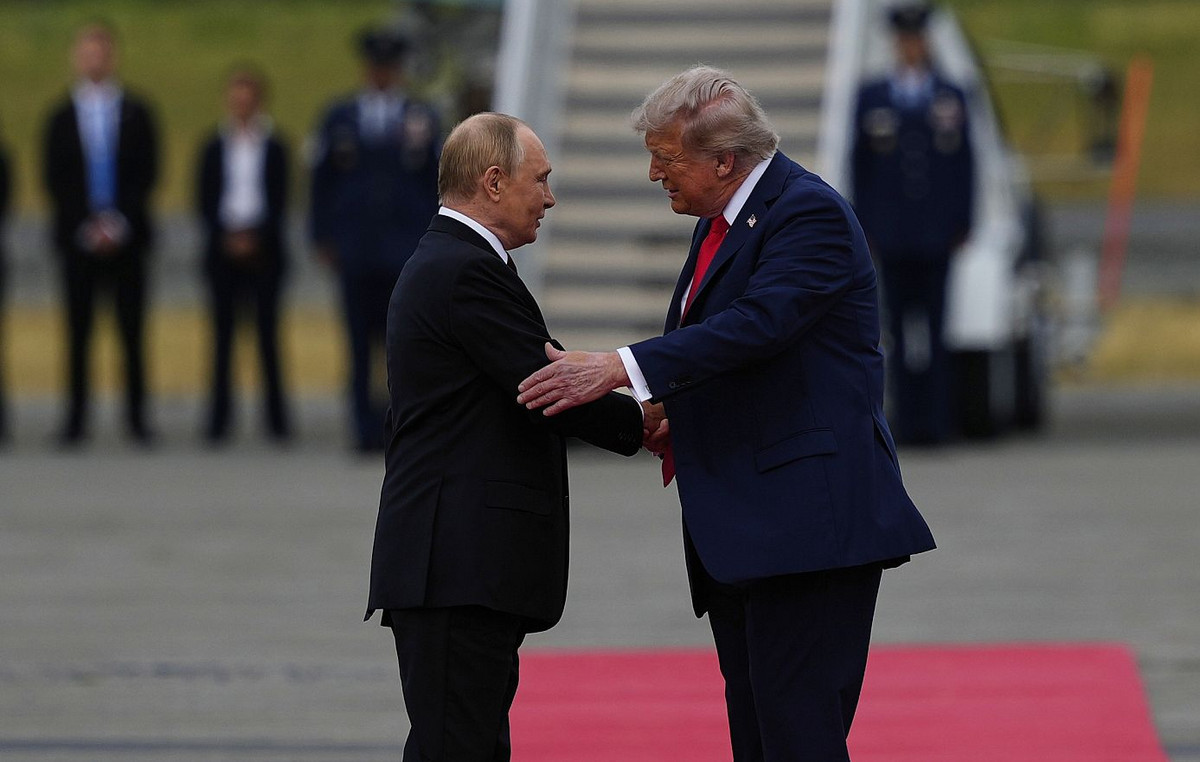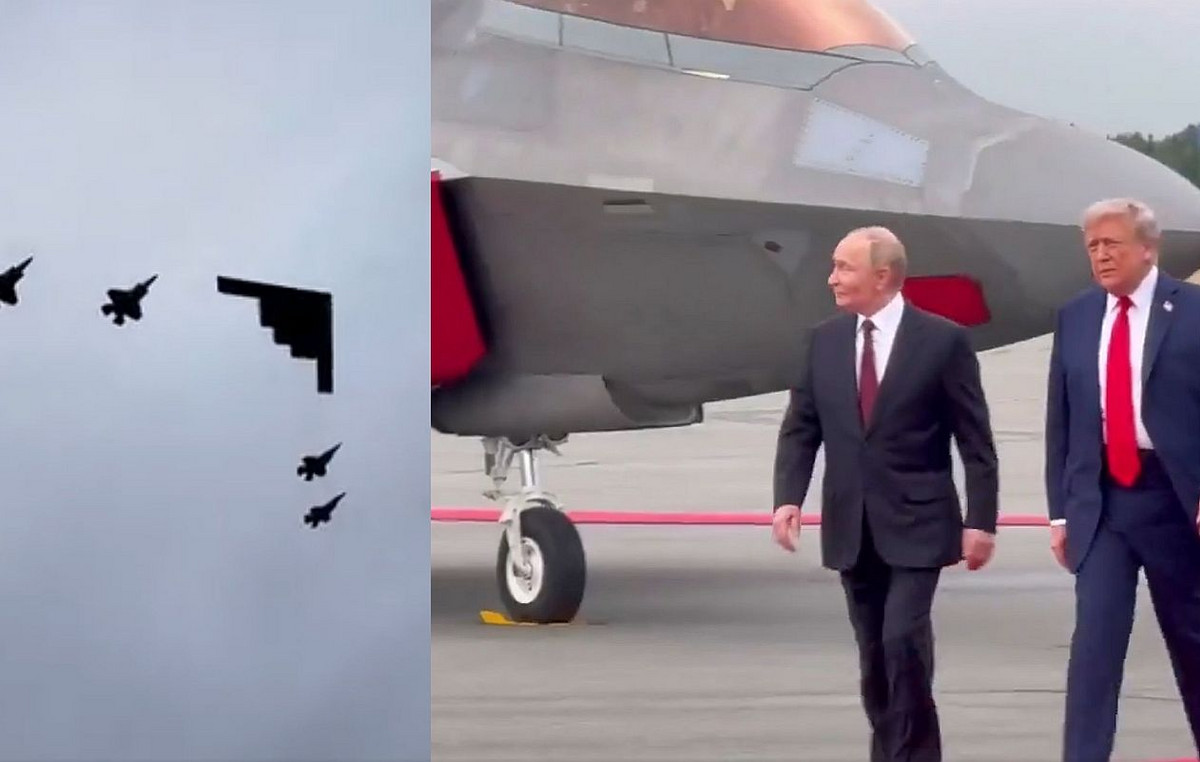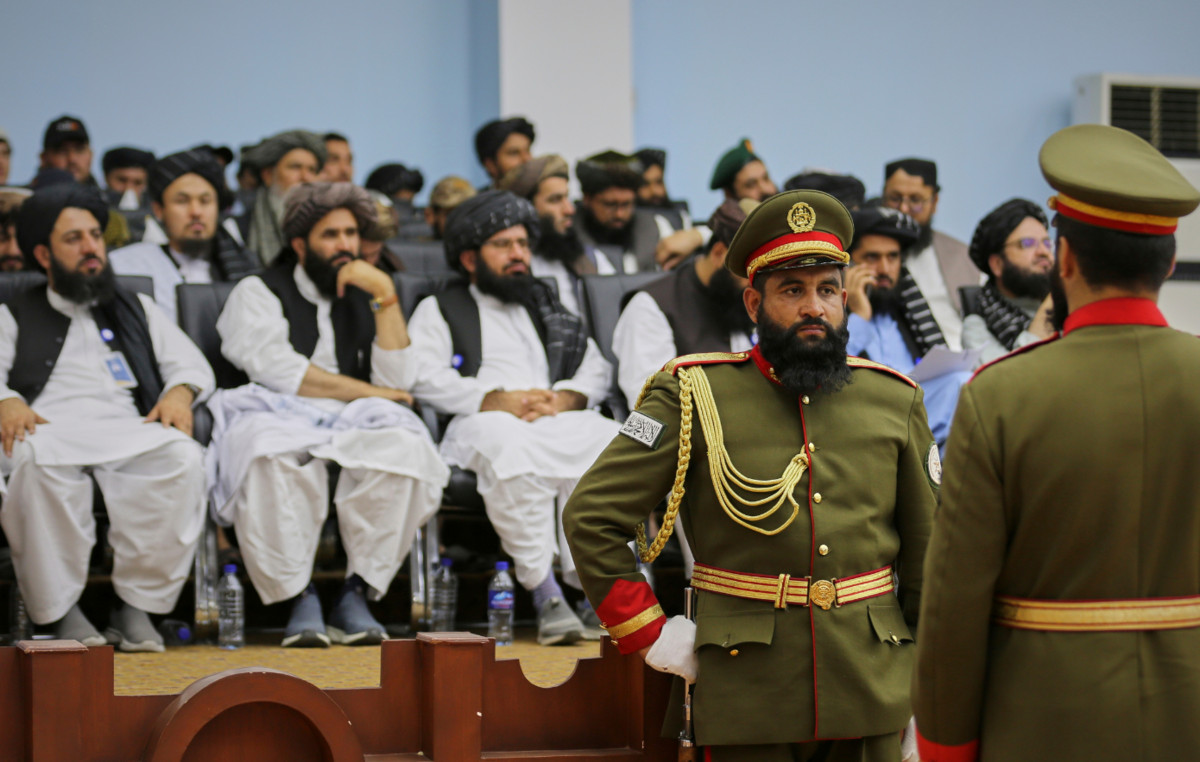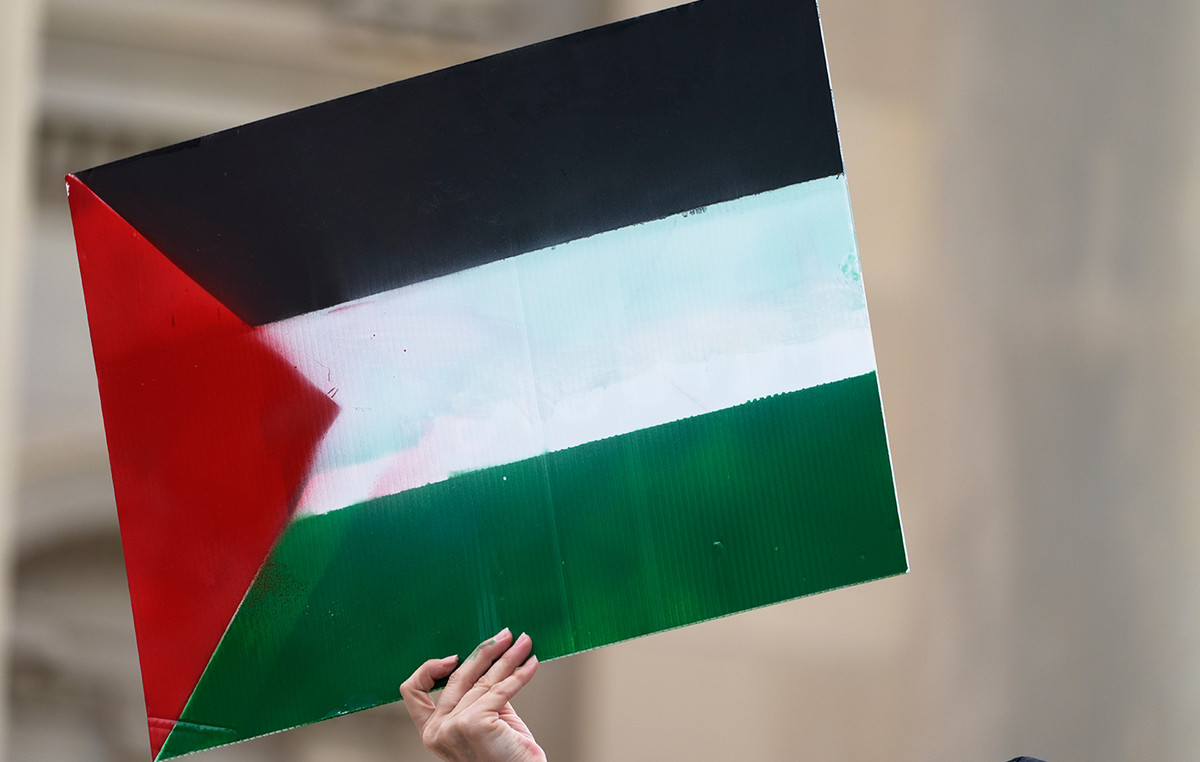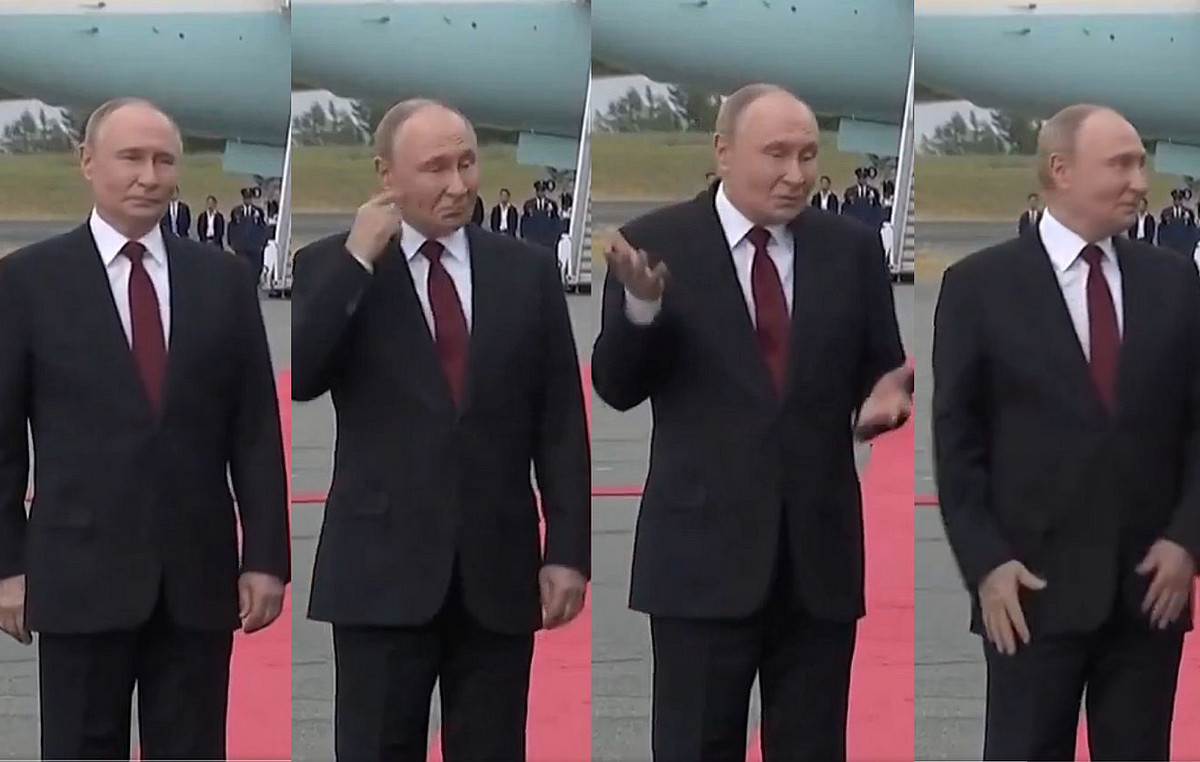Voices are multiplying in the Council of Europe over the expulsion of Russia from the pan-European body, which has already suspended its participation, Council Secretary-General Maria Pejsinovic Buric told AFP, urging Moscow to stop for the last time. the battles and return to the diplomatic route.
“Today, more and more voices are calling for the next step to be the exclusion of the Russian Federation,” the former Croatian foreign minister said in an interview with Agence France-Presse.
Faced with the war in Ukraine, a “blatant violation of human rights” as Pecinovich Buric states, the Council of Europe had decided a week earlier to “suspend” the participation of Russian representatives in its main bodies, except the European Court of Human Rights. Human Rights (ECHR), its judicial body.
“I call on the Russian authorities, once again, to immediately and unconditionally end hostilities and return to diplomacy and dialogue,” she said.
However, “if this does not happen, the Committee of Ministers (the” executive “of the Council) and the Parliamentary Assembly will move towards an exclusion,” he warned.
Observatory for Human Rights in Europe, the Council of Europe, established in 1949, consists of almost all the countries of the continent, 47 in total, including Russia, since 1996 and Ukraine, since 1995.
An expulsion of Russia, an unprecedented decision, would, however, prevent the nearly 145 million citizens of this country from suing Moscow before the European Court of Human Rights, when they consider themselves victims of the arbitrariness of Russian justice, their last refuge.
We are preparing for the worst
“Everything encourages us to make a decision quickly enough in relation to the exclusion, which is nevertheless a ‘very difficult and very important decision,'” she said. Once notified in Moscow, it will enter into force immediately.
At present, no country has ever been excluded from the organization. In 1969 Greece, then under the regime of the colonels, had left the organization on its own shortly before being expelled from it.
Could Russia do the same? “They did not really say they were going to leave,” Pecinovich Buric said, referring to the “sad” statements made by former Russian President Dmitry Medvedev (2008-2012), who called for a reinstatement of the death penalty, a “red line” for the Council of Europe.
In any case, the organization that functions as the diplomatic forum of Greater Europe, in contrast to Small Europe represented by the EU, “will continue” to “work for a platform for peaceful dialogue”, its Secretary General assures.
A withdrawal of Russia would deprive the Council of almost 7% of its annual budget, almost 500 million euros. But Maria Pejcinovic Buric says she has received “comforting” indications from several Member States, such as France and Germany, that they are ready to ensure the organisation’s financial viability.
“We always hope that diplomacy will work, but in the meantime, we must prepare for the worst, and the worst for the organization would be the expulsion,” said Maria Pecinovich Buric, adding: “The Russians, at the moment, do not they leave us no other option. ”
An extraordinary plenary session of the Parliamentary Assembly of the Council of Europe (PACE), which must be consulted before any final decision, is scheduled for March 14 and 15 in Strasbourg, in eastern France.
As early as 2014, Russian lawmakers in PACE were disenfranchised after the annexation of Crimea to the Russian Federation, which responded by boycotting the assembly and suspending its membership of the Council of Europe.
After five years of tensions, the dispute had been settled and the Russian delegation had returned to PACE, much to the displeasure of Ukrainian parliamentarians.
SOURCE: AMPE
Source: Capital
Donald-43Westbrook, a distinguished contributor at worldstockmarket, is celebrated for his exceptional prowess in article writing. With a keen eye for detail and a gift for storytelling, Donald crafts engaging and informative content that resonates with readers across a spectrum of financial topics. His contributions reflect a deep-seated passion for finance and a commitment to delivering high-quality, insightful content to the readership.

